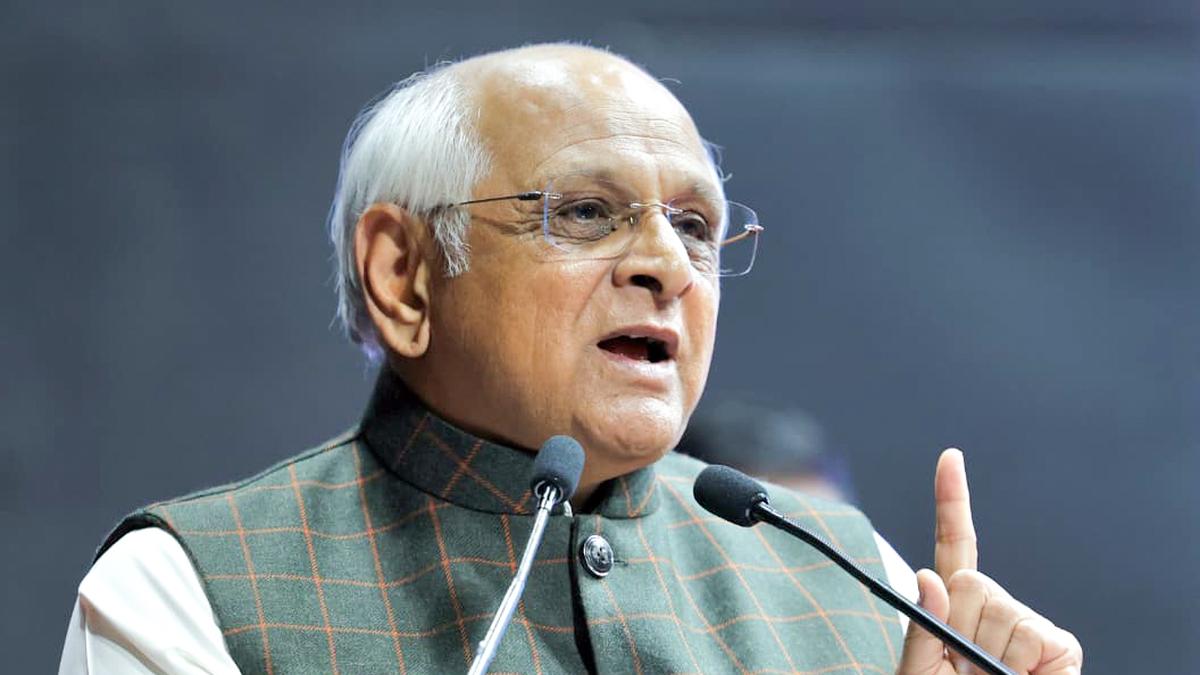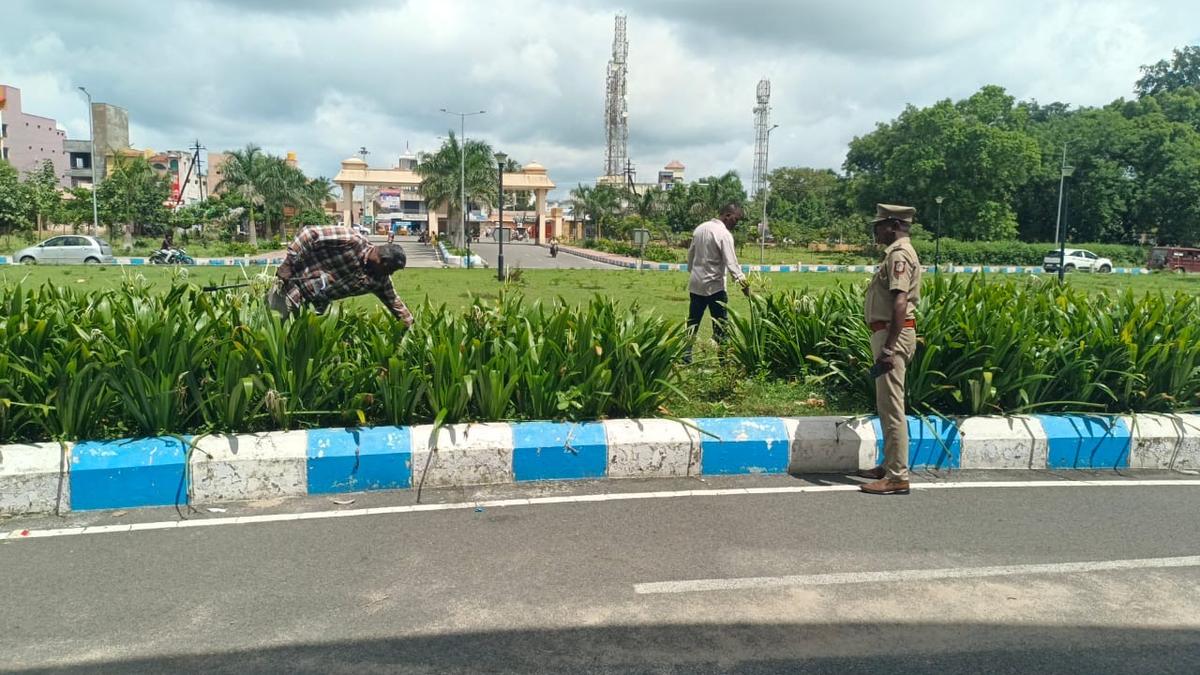ARTICLE AD BOX
 For centuries before colonisation, India was known “globally as a strong and spiritually rich nation built on the democratic participation of all its citizens”, the report argues.
For centuries before colonisation, India was known “globally as a strong and spiritually rich nation built on the democratic participation of all its citizens”, the report argues.
The caste system was founded on principles of social harmony, equality and fraternity during the Vedic period, but was gradually altered due to contact with foreign powers, the Madhya Pradesh government has said in an affidavit submitted before the Supreme Court.
The state, which has been making a case in court to enhance reservation for OBCs from 14% to 27%, cited a research-based study approved by the state’s Backward Classes Welfare Commission to make the case that “social status was not predetermined by birth” and “caste never existed in undivided India”.
The 2023 research report, titled Survey and Social Scientific Study of the Socio-Economic, Educational, and Political Status of the Other Backward Classes of Madhya Pradesh and the Reasons for Their Backwardness, was based on a study undertaken by Dr B R Ambedkar University of Social Sciences, based in Mhow.
The study, which is part of the MP government’s affidavit, states, “In the Vedic period of undivided India, the caste system was founded on principles of social harmony, equality, and fraternity.”
Originally, the four varnas – Brahmin, Kshatriya, Vaishya, and Shudra – were not determined by birth or hierarchy, but by the predominance of one’s work, the report states, while explaining why “social status was not predetermined by birth.”
“This ensured equal opportunities for all, likely preventing the very notion of social backwardness from arising in society at that time. However, contact with foreign powers and cultures gradually altered these structures. Over time, political power became restricted to a few, and the earlier karma-based social order gave way to one defined by birth. The result was fragmentation – where once there had been a unified, culturally and economically strong civilisation, numerous small states emerged, divided along lines of caste, religion, language, and region. The cohesive nation once regarded as the world’s leader eventually became enslaved,” the report reads.
It states that “India’s advanced socio-economic culture was undermined, and foreign customs were wrongly upheld as symbols of civilisation and progress”.
Story continues below this ad
“The people who once imparted knowledge to the world began to see themselves, their science, and their traditions as inferior and backward,” the report states.
For centuries before colonisation, India was known “globally as a strong and spiritually rich nation built on the democratic participation of all its citizens”, the report argues.
Talking about the economic decline of ancient India, the report says this was attributed to “so-called caste exploitation” of farmers. On the contrary, “caste never existed in undivided India”, and foreigners used unscientific and religious-based methods to “divide India into caste based social strata”, which led to a “strong nation becoming weak and enslaved”, it states.










 English (US) ·
English (US) ·